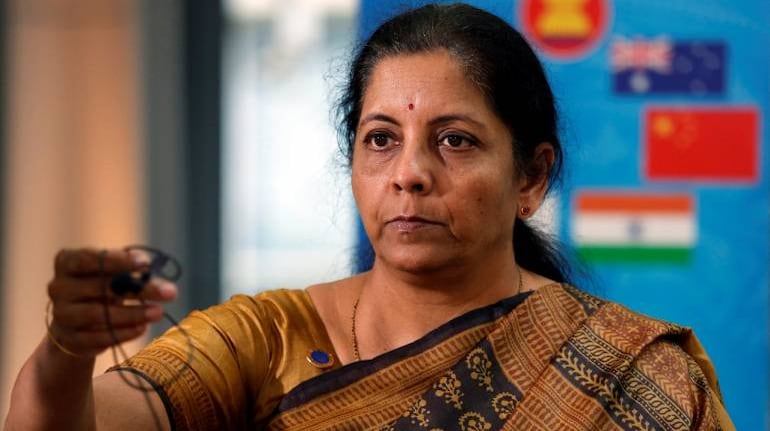On May 16, the fourth tranche was announced that focused on introducing structural reforms.
As part of the fourth tranche of the economic relief package, finance minister Nirmala Sitharaman introduced structural reforms and addressed the need to decongest sectors.
Setting the tone for the press meet, Sitharaman said policy simplification is needed to get the economy back on track.
"We need to prepare for tough global competition. When we speak of Atmanirbhar Bharat, we are not looking inwards, it is not isolationist policy, it is making India rely on its strengths, ready to face global challenges," she said.
In order to ensure the investment reboot takes off seamlessly, Sitharaman said the government will be fast-tracking investment clearances, there will be a special cell for seamless approvals and upgradation of industrial infrastructure.
The government is betting on these eight sectors to revive economic sentiments — Coal, minerals, defence, civil aviation, power distribution companies in UTs, space and atomic energy.
In the coal sector, government's monopoly is being removed and commercial mining will now see light of the day. The government will spend Rs 50,000 crore to ensure evacuation infrastructure in coal sector.
The announcement of the first tranche of the relief package was focused on the micro, small and medium enterprises (MSMEs).
The government announced collateral-free loans for MSMEs to the tune of Rs 3 lakh crore in which both the principal and interest risk will be borne by government. This move, though aimed to encourage banks to lend to the sector, would limit the government's immediate outgo.
The government had also announced liquidity-enhancing schemes like Rs 30,000 crore to buy investment grade debt of NBFCs, HFCs, and MFIs, and Rs 45,000 crore for investment in lower rated papers.
The second tranche of relief was focused on migrants, roadside vendors, among others. The Centre’s announced direct direct spending of Rs 3,500 crore on providing free foodgrain to 80 million migrants for two months and Rs 1,500 crore interest subvention on Mudra loans below Rs 50,000, the finance minister said.
The third tranche was focused on agriculture and allied activities. The minister announced a package worth Rs 3.16 lakh crore. Experts expect that the fiscal impact of these measures are estimated in the range of 1.3 to 1.5 per cent. She announced Rs 1 lakh crore fund to be created for aggregators, Farmer's Produce Organisation (FPOs), primary agriculture cooperative societies, for strengthening farm gate infrastructure.
Moneycontrol Virtual Summit presents 'The Future of Indian Industry', powered by Salesforce
Register Now! and watch industry stalwarts forecast how India Inc will shape up in post COVID-19 world
Date: May 19














